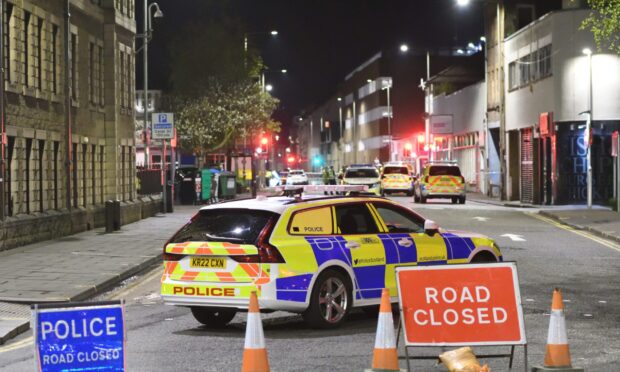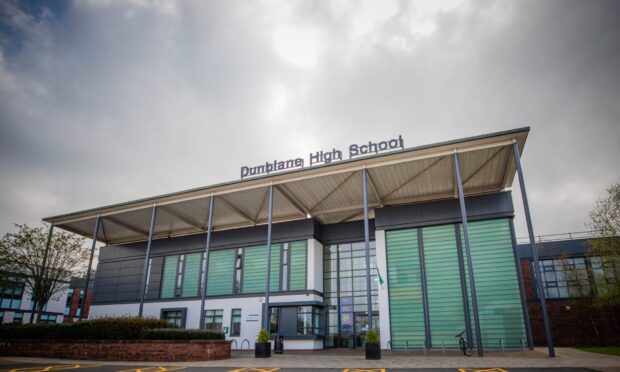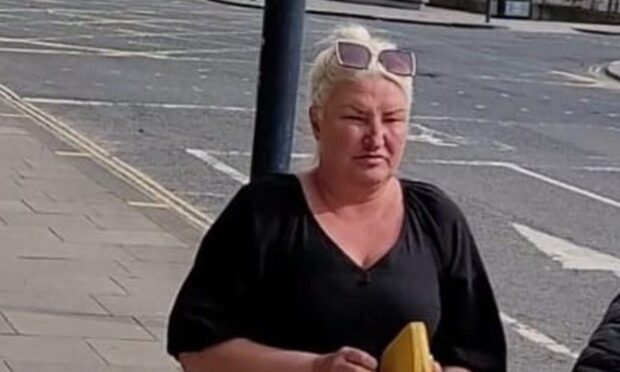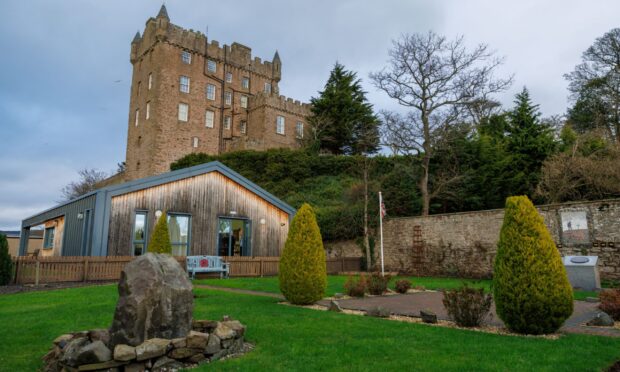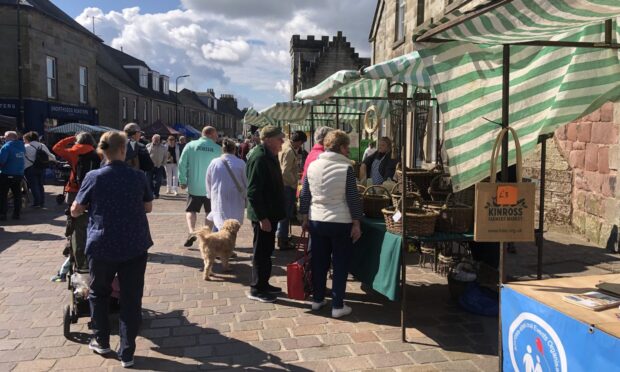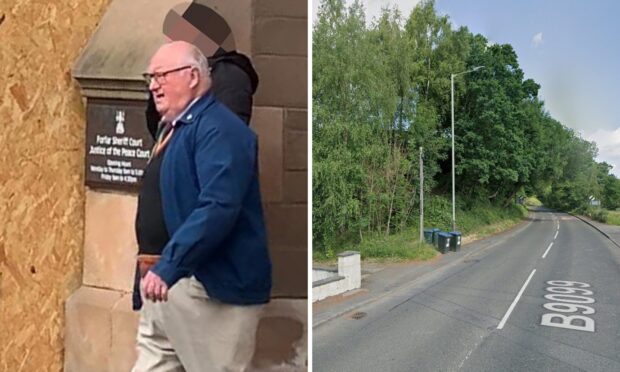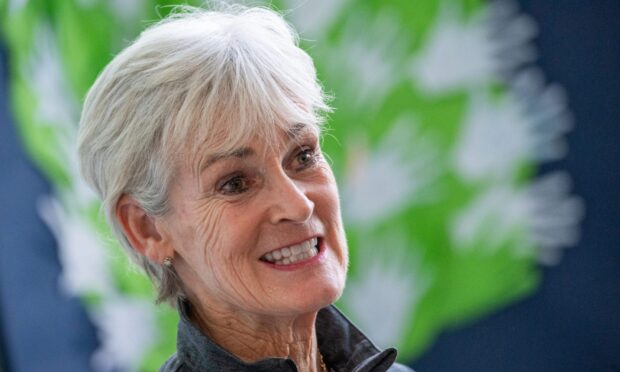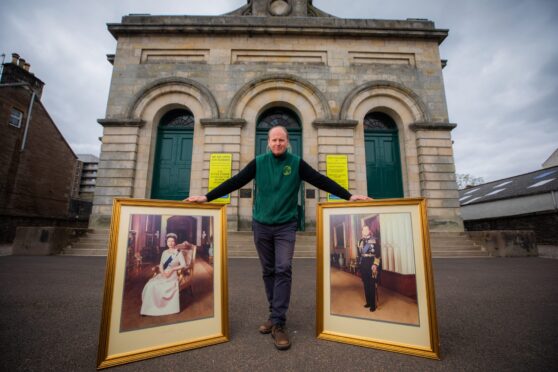A government conservation body has placed heavy sanctions on a Perthshire estate after the shock discovery of two poisoned buzzards.
Scottish Natural Heritage (SNH) has imposed legal restrictions on the 4,000-acre Edradynate site, near Aberfeldy, claiming crimes against wildlife were committed on the land.
The estate’s general licenses to control wild birds – by shooting or trapping – have effectively been revoked for three years.
Last night an Edradynate spokesman said it would be appealing the decision.
SNH said the permits, which allow landowners and managers which would otherwise be illegal, are a “light touch” form of regulation which relies on trust.
Licenses are restricted where trust has been lost, the organisation said.
The estate can still apply for an individual licence, but this would be very closely monitored.
SNH also imposed similar restrictions on an unnamed individual in Aberdeenshire.
The unusual decision – SNH has only taken such action twice before – has been welcomed by the country’s leading bird welfare charity, albeit with concern over a lack of court action.
Ian Thomson, RSPB Scotland’s head of investigations said: “We are disappointed that no prosecutions have arisen from these cases.
“It has been reported by the authorities that these latest restrictions are as a result of evidence of serious wildlife crime offences being found, with clear links to local gamebird shoot management established by the subsequent investigations.
“This part of Perthshire has had an appalling history of raptor persecution and this case followed the discovery by police of two poisoned buzzards.”
Duncan Orr-Ewing, head of species and land management for RSPB Scotland, said that the action is part of a new package of measures designed to protect birds of prey, introduced earlier this summer.
“We look forward to hearing soon what other measures are to be implemented to act as meaningful deterrents to the continuing crimes against our vulnerable birds of prey,” he said.
“We believe that these current measures also need to be allied to an effective licensing scheme for driven grouse shooting in particular, where any illegal and bad practice substantiated by the public authorities, would also result in the ultimate sanction of license removal.”
SNH chair Mike Cantlay said: “We are working hard to protect our birds of prey.
“Raptor persecution doesn’t just damage Scotland’s nature, it also affects tourism which in turn impacts on the economy.
“Yet, because of the remote locations where most wildlife crime takes place, it is often difficult to prove.”
He said: “We are committed to stamping out wildlife crime in Scotland and will continue to work strongly in partnership with Police Scotland and other members of the Partnership for Action Against Wildlife Crime (PAW Scotland).”
Susan Davies, director of conservation at the Scottish Wildlife Trust added: “It’s good to see SNH using its powers to restrict the activities of individuals and estates implicated in wildlife crime.
“This range of powers, alongside wider measures announced by the Scottish Government earlier this year to tackle wildlife crime, should encourage the land management sector to show leadership in stamping out these deplorable acts.”
The Edradynate estate, which offers salmon and trout fishing as well as clay pigeon shooting, issued a statement last night.
A spokesman said: “We are aware of the decision by SNH to restrict the estate’s general licence. The estate intends to appeal this decision.”
